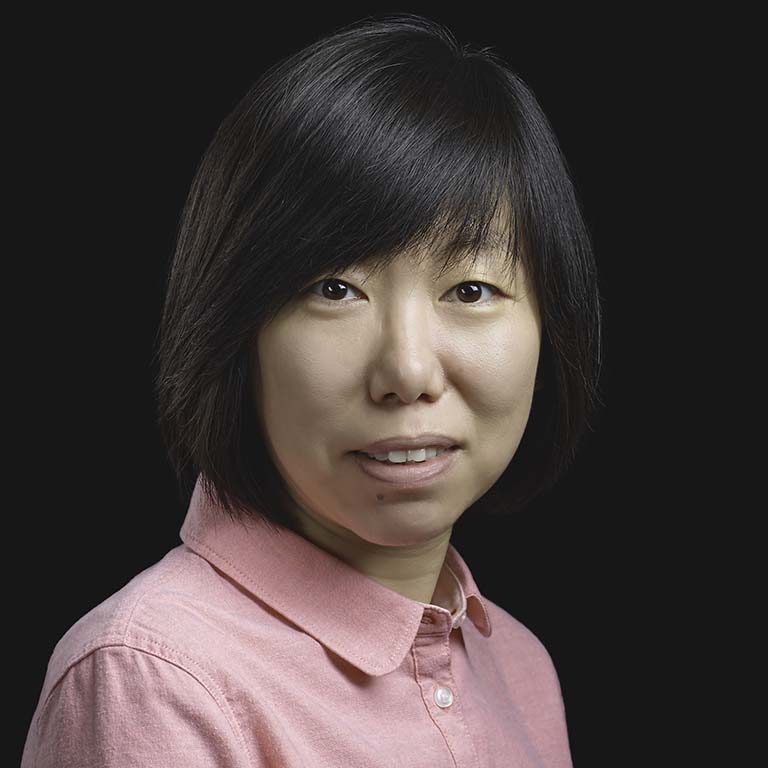Xindan Wang, an assistant professor in the College of Arts and Sciences' Department of Biology at Indiana University Bloomington, is one of six faculty members on the Bloomington campus to receive the university's 2023 Outstanding Junior Faculty Award.
The award identifies promising tenure-track faculty members who have not yet been awarded tenure and provides resources to further develop their research programs or creative activity. It is sponsored by the Office of the Vice Provost for Faculty and Academic Affairs and the Office of the Vice Provost for Research.
Clay Fuqua, a professor and former chair in the Department of Biology, tweeted: "Congrats to our amazing IU colleague Xindan Wang, one of this year's IU Outstanding Junior Faculty Award recipients! We are so fortunate to have such talented young colleagues as Xindan in the IU Microbiology program."
Wang is a molecular microbiologist, geneticist, and cell biologist who has studied chromosome architecture and dynamics in bacteria. Her lab has continued to propel novel discoveries on the mechanisms by which cells orchestrate chromosomal replication with faithful distribution to progeny cells. She uses a systems-level approach to map chromosome structure and high-end fluorescence microscopy to track protein and DNA movement in a variety of bacterial species, from bacteria that have a single circular chromosome, to species that have multiple chromosomes and plasmids.
Wang teaches the Honors Molecular Biology course—with combined lecture and lab components—from which students learn broad concepts in molecular biology as well receive guidance through a research project during the semester. She has served on the Microbiology Graduate Recruitment Committee, the Microbiology Graduate Admissions Committee, the Department of Biology Planning Committee, and has managed the annual one-day retreat for the Section of Microbiology for four years.
Wang joined IU’s Department of Biology as an assistant professor in 2017, after her postdoctoral training at Harvard Medical School. She earned a D. Phil from the University of Oxford. Wang has received extensive funding from the National Institutes of Health, the National Science Foundation, and NASA in support of her research.

 The College of Arts
The College of Arts